Do you have a family member or friend who struggles to hear? Do they constantly ask you to repeat yourself?...
More Information

Noise-Induced Hearing Loss
Sounds are all around us in our environments. Most sounds such as the television, phone ringing or household appliances may...
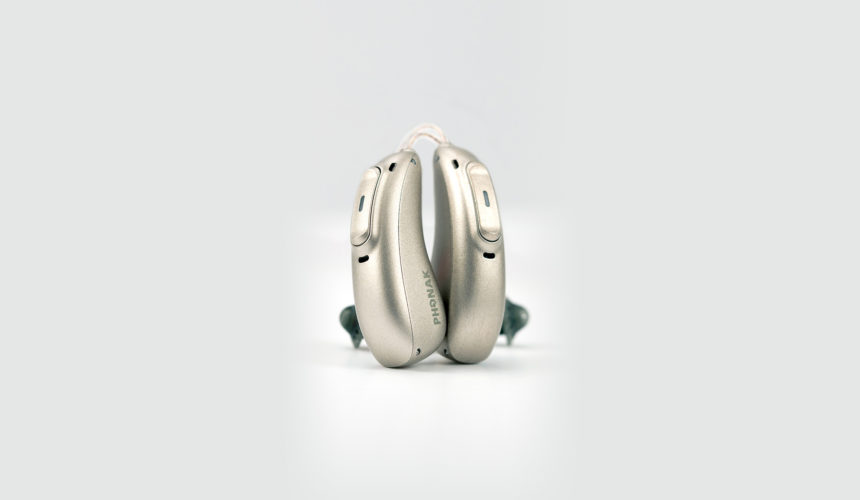
Are Two Hearing Aids Better Than One?
Do you require one hearing aid or two? If your audiologist has recommended two hearing aids because you have hearing...
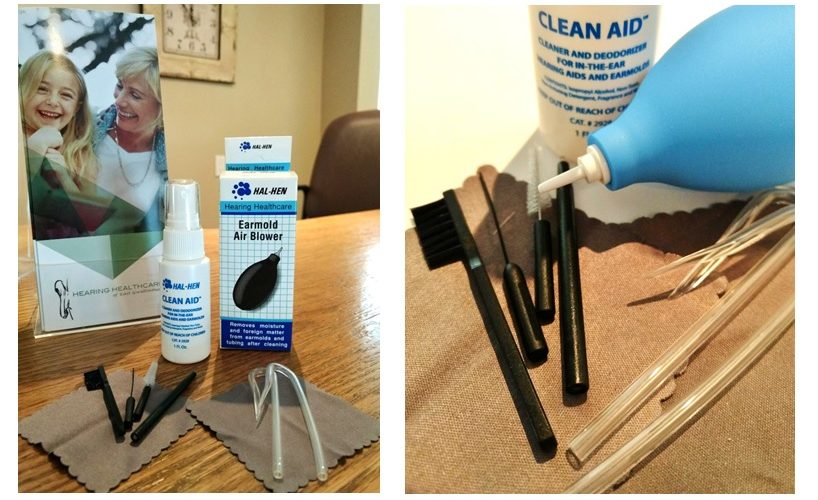
Care and Maintenance of Hearing Aids
HOW TO MAINTAIN YOUR HEARING AIDS HOW TO MAINTAIN YOUR HEARING AIDS Maintaining your hearing aid is important in order to maintain optimum hearing and proper...
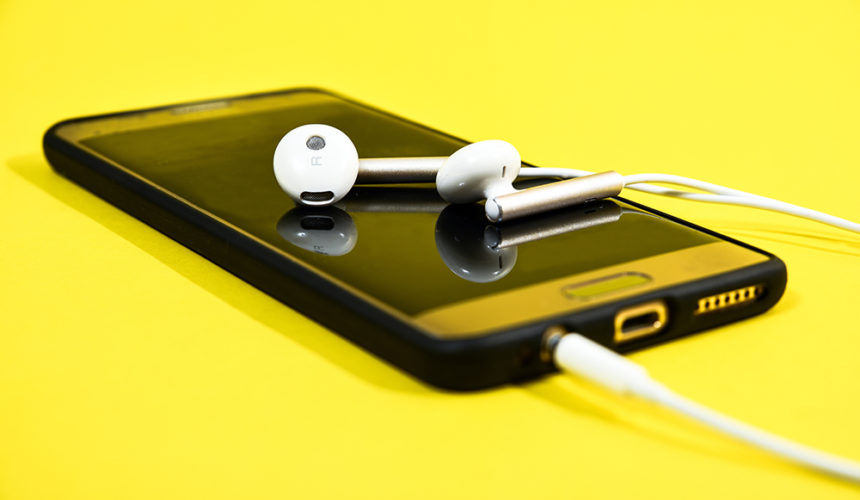
Noise-Induced Hearing Loss is Preventable
“Listen to Your Buds” Urges Consumer Electronics Show Attendees to Adopt Safe Listening Habits to Prevent Childhood Hearing Loss “Listen...

Can Hearing Loss Be Harmful for Your Brain?
Think you may have hearing loss? Get a hearing test now to avoid brain tissue damage later on. Article written...

Hearing Aids: Are People Happy with Them?
Hearing Aids and Patient Satisfaction According to Stats Canada the number of seniors aged 65 and over increased 14.1% between...
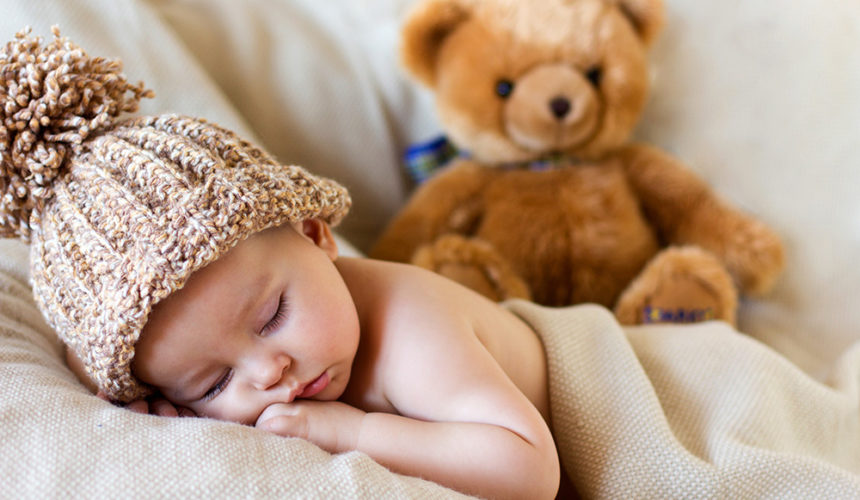
Infant Sleep Machines Have Dangerous Noise Levels
Noise levels of sleep machines may be too high according to research from Toronto’s Sick Kids Hospital CBC News article Posted...

Tinnitus: Constant Ringing in My Ears? Please Make It Stop!
What is Tinnitus? Many people have heard ringing in their ears at one time or another, however, 10-15% of the...

Noise-Induced Hearing Loss When It Comes to Your Teen’s Music
Study Examines Parental Perspectives on Adolescent Hearing Loss Risk Article found on Audiology Online published January 5, 2014. Despite the...
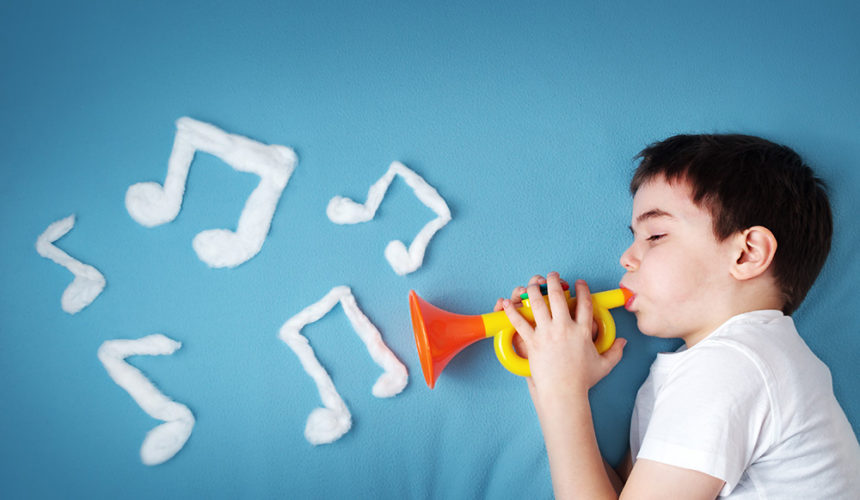
Hearing Loss – By Toys????
List of Toys That May Cause Hearing Loss Article found on AudiologyOnline, published December 17, 2013. 7 out of 18...

Obesity Linked with Hearing Loss
Obesity is associated with a higher risk for hearing loss, according to a new study in the American Journal of Medicine....

Over 360 Million People with Hearing Loss Worldwide
The World Health Organization estimates that there are over 360 million people in the world living with disabling hearing loss....

Goal of Identifying Nearly All Genetic Causes of Deafness Is Within Reach
At least half of all cases of deafness that develop from birth through infancy in developed countries have a genetic basis, as...

Researchers Believe Hearing Loss from Loud Blasts May Be Treatable
Long-term hearing loss from loud explosions, such as blasts from roadside bombs, may not be as irreversible as previously thought,...

Successful Restoration of Hearing and Balance in Mouse Model
The sounds of success are ringing at Kansas State University through a research project that has potential to treat human...

